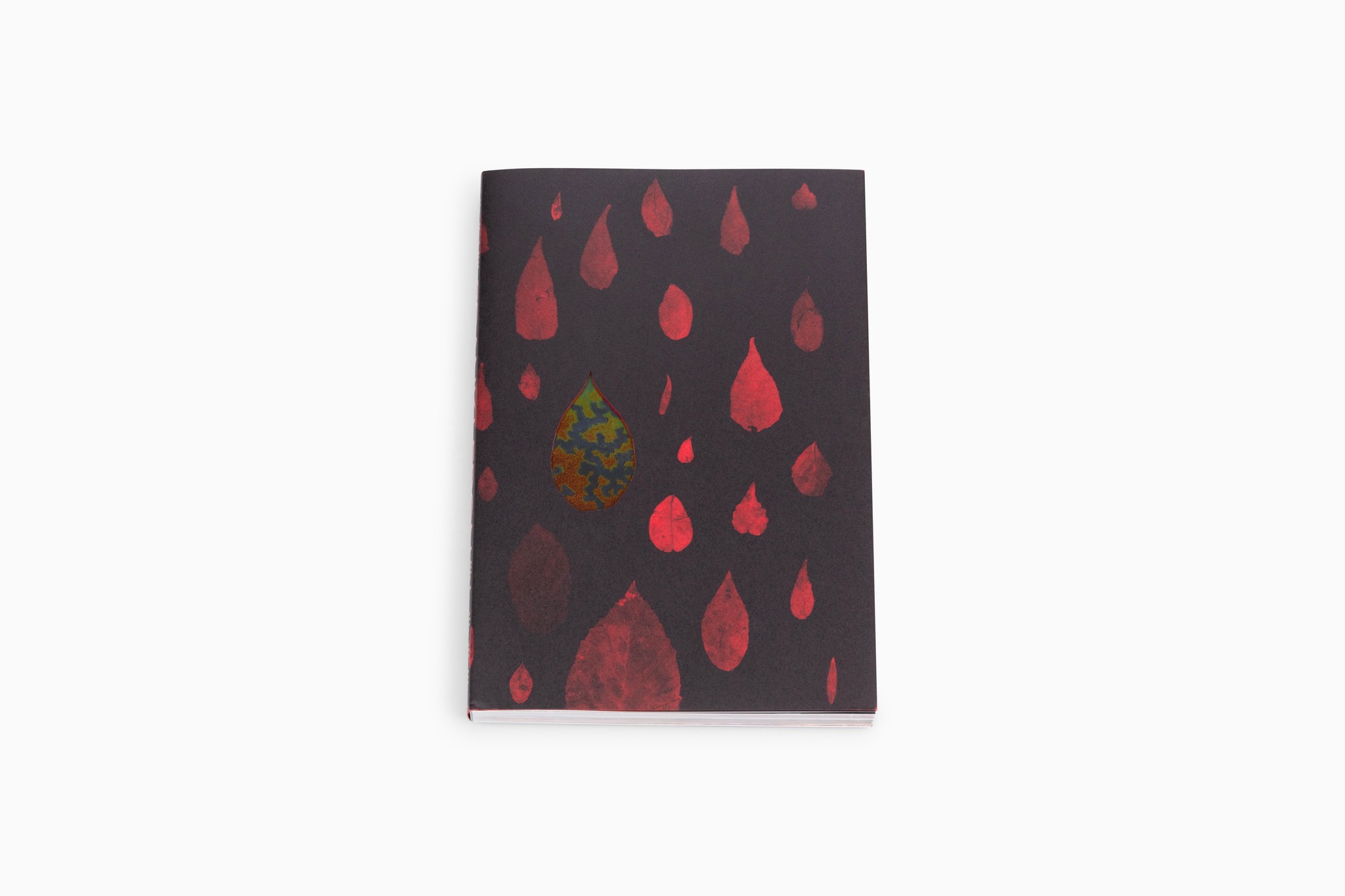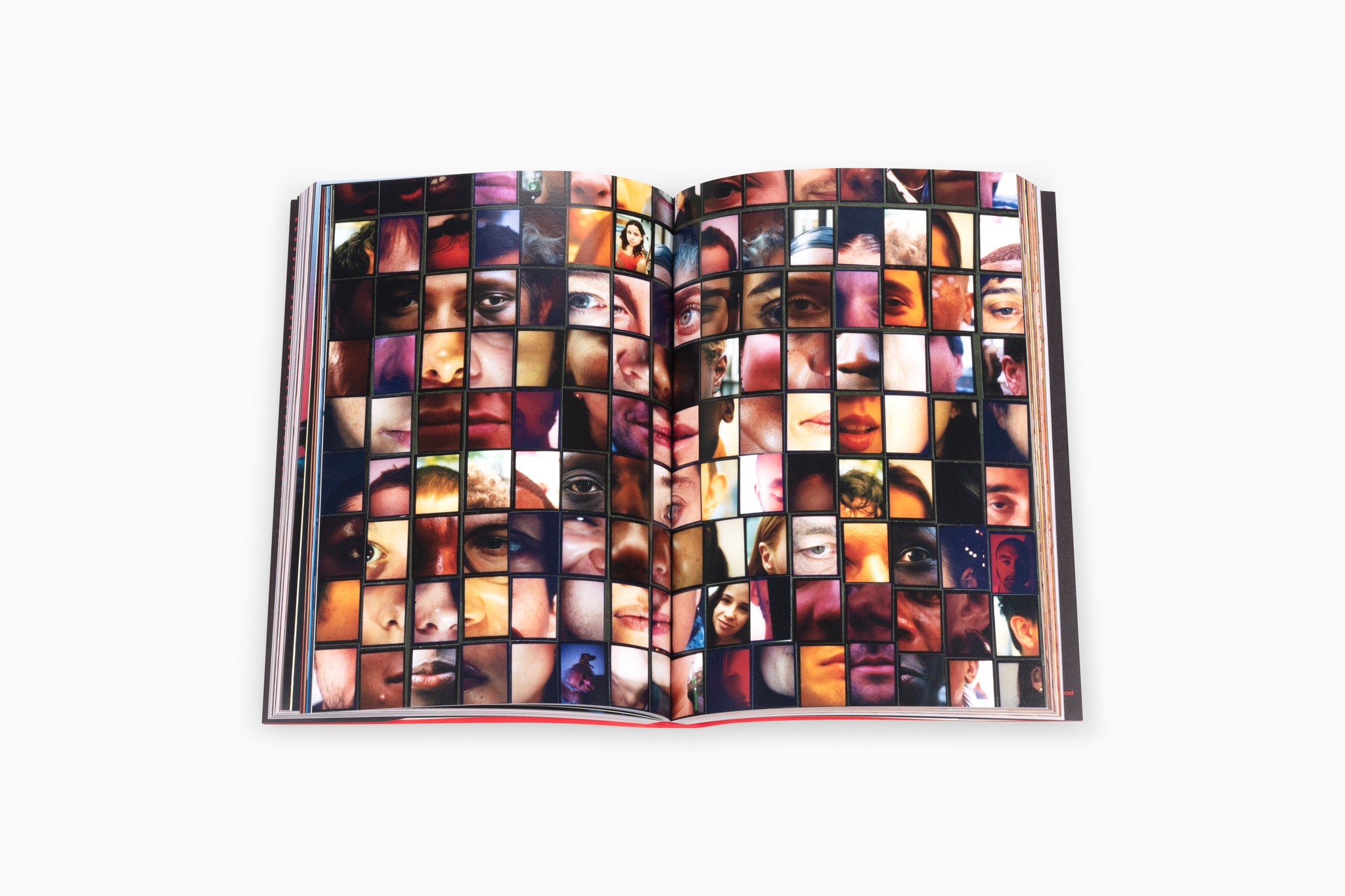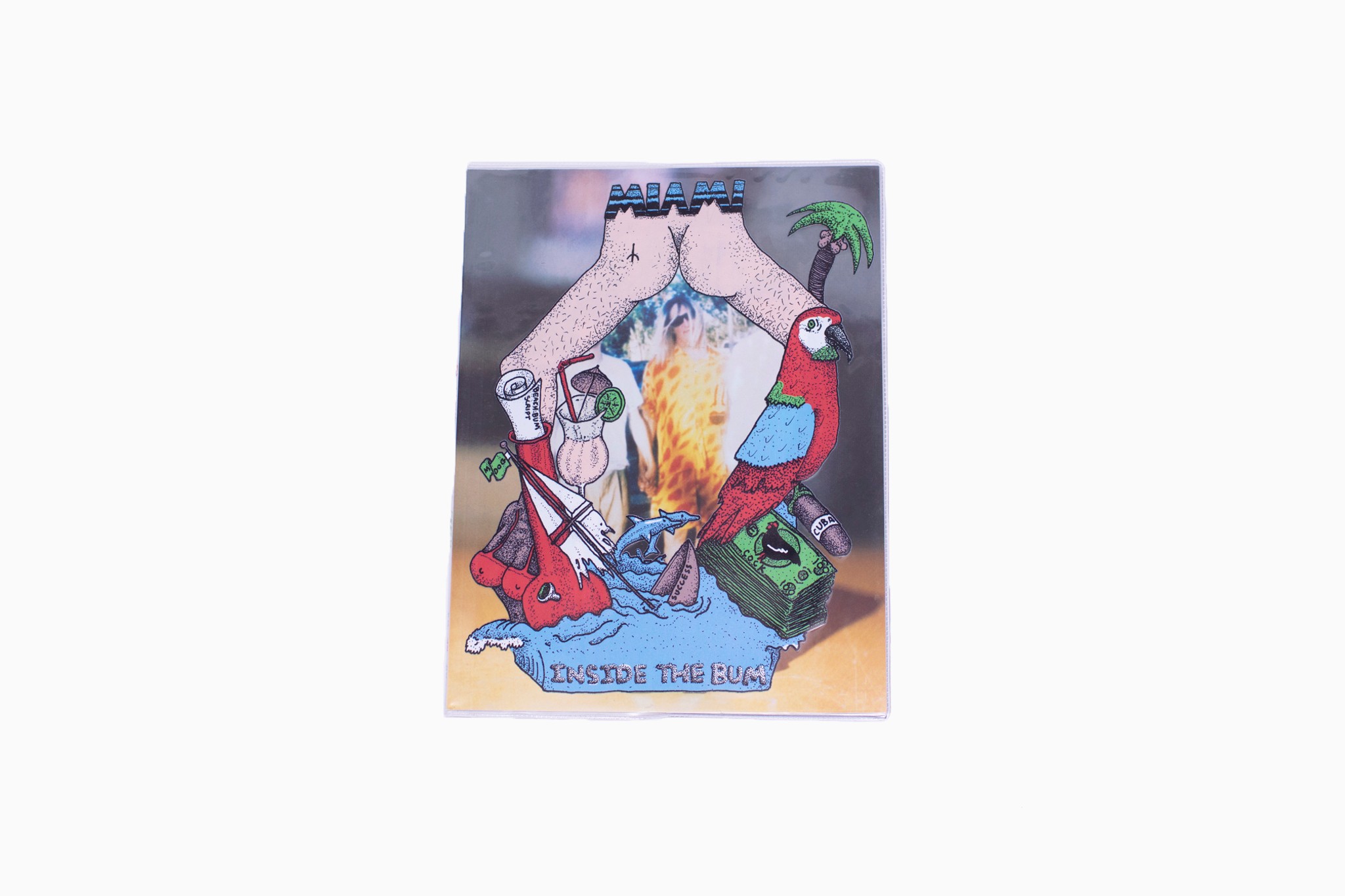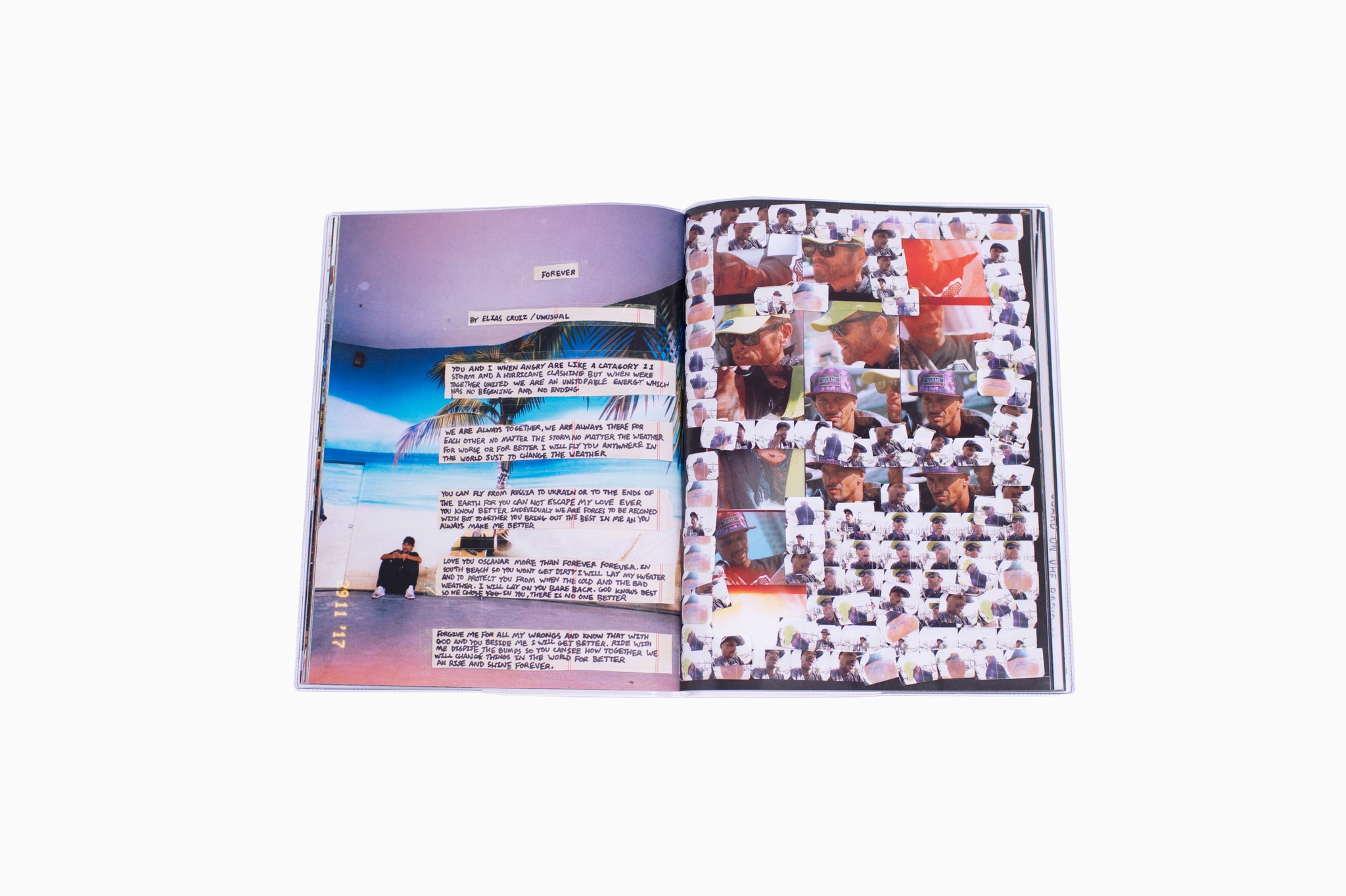A Publisher’s Guide to the Art of the Book Fair
The book fair circuit can be a daunting prospect for publishers and bookshops starting out. We asked a handful of veterans to share experiences that might be of use to aspiring participants. From getting accepted to your dream fair, to how to be a good visitor, and smuggling books across international boarders, here is everything they had to say on the uncelebrated art of working book fairs.

What is the greatest challenge of a book fair for a publisher? How does the process of getting accepted to a photo fair work? Do you have any advice for publishers keen to get involved?
Sophie Willison (Terra Firma): The greatest challenge is to SELL and to make your table STAND out!
Matt Martin (Photobook Cafe): I think a lot of people find the biggest challenge is just being accepted. Big fairs like the NYABF and OFFPRINT can feel intimidating and only for a select few. I think it's hard for new publishers with rising costs of printing and selling, let alone the cost of the tables for some of these fairs.
I think it's always best to start small. Apply for smaller local zine fairs, get to know your community. I find that a lot of photographers who self publish, get a bit annoyed when they can't get a table, but you do have to have a few publications under your belt first. If you just have one book out, team up with some friends and apply as a collective. Better to showcase more than less, that's what organisers want to see. Lots of choice. For the most part photography fairs are pretty good at trying to include as many people as they can and give legs to people with a voice that needs lifting. We are pretty spoiled for choice for book fairs at the moment, there seems to be ones popping up in all corners of the globe.
Hannah Walker (DoBeDo Projects): Getting accepted! And making the money back that it cost you to be there - rising cost of fairs, cost of publishing, the cost of the weekend makes it all very hard when you're on a budget. We’ve found it best to see fairs as a chance to promote projects and directly engage with a photo-loving audience than as a chance to make money. Aim for smaller, more local fairs as a first-timer and fairs that suit your publications, as you’re more likely to have a good time, and connect with the audience attending.
Emma Hammar (LOOKBOOKS): If attending a big one it’s making sure that the fair and the visitors are a good match for the stock on offer. The worst thing is packing up the same amount of boxes that you brought in the first place. Mainly because books are heavy!! If organising a fair I would say for me it’s promoting it and getting people to come. Books are the best but it’s hard to drag people across town on a Sunday afternoon to look at books, I find offering free drinks works.
Usually it’s just writing a few lines about the publisher and crossing your fingers. I did apply to Printed Matter once and I remember the application process being very long and quite hard. I didn’t get a place and I’m not surprised. I think I just tried to find different ways of saying ‘old, kinda fun books”.
What’s the most fun part of working at a photo fair booth or table?
Sophie Willison: Meeting everyone and then swapping books on the final day, in the final hour. My cheeks usually hurt by the end from smiling so much, learning about other people's books and sharing your own.
Matt: The best feeling is getting to show and communicate your work with people face to face. Books and zines are all about the physical, that's why book fairs are so important, it's that engagement you don't get online. Feel the paper, hear the story, inspect the binding and find books that really make your knees weak...I GOTTA HAVE THIS! You also get to see all your book people, some people only see each other at fairs once a year, so it's always really fun to catch up and see people that like the same things as you from all over the world.
Hannah Walker: Chatting with people! Very rewarding seeing attendees react to the work you’ve produced and being able to tell them the story behind the creation of those publications.
Emma Hammar: The people you meet! It’s the absolute best. Once at Off Print this girl came up to me and showed me an illustration she had done from one of the IKEA catalogues we sell. These interactions are the best and I always get teary-eyed and emotional about it. Having a small independent online bookshop can sometimes feel a little isolated, and you rely on the little likes and love hearts you get on social media, so it’s so great to actually meet people IRL. Because of the types of books I sell I always end up having these very interesting conversations with people. Sometimes visitors are actually in the books (as in Jane Asher’s Party Cakes for example), or have lived through an experience (as in London’s Hurricane).
Lucy Moore (Claire de Rouen): Making book swaps, buying more than you sell, drinks with other book-dealing friends, meeting your photographer idols (Sophie Calle was a highlight for me), making a huge sale in a very short amount of time, people watching.

How can people be better visitors/attendees? What do you wish people would ask you about more? Ask you about less?
Sophie Willison: Be more spatially aware of others. Book fairs can be really overwhelming with all the people and when acting as a visitor I always get a tote bag or poster in the rib or a Solomons on my foot. I guess we are all too distracted by the glossy covers and the tasteful binding that we forgot where we are. I wish people would ask how I am and if I need a wee, so they can look after my table while I escape for a few sweet minutes. There's nothing I wish people would ask me less, as I love to speak about what I do and to help others who are interested in getting into publishing / photography.
Matt: There is a huge amount to take in at these fairs. So many books, so many people. It can be really hard work. But please don't pick up and book and pretend to flick through without even looking, while continuing to talk to your friend. Get to the book fair early. Spend some time going through your favourite publishers tables and then come back the next day and check out all the other bits. Don't try to take it all in at once. Ask more about the story behind the work, it might be that the person sat at the desk actually made the book you're looking at!
Emma Hammar: Ha ha, the visitors are ok, no need to improve. Maybe buy more books and don’t take pics without asking. I’m all for price haggling (is that the right word?). Once this girl kept shoving her phone in my face, showing me some of the books on Amazon and that they were cheaper. Not nice.
Lucy Moore: If there's a publisher or maker you discover, who's work you love, try and buy something even if it's only a modest purchase - these expressions of support are so meaningful! Sign up to newsletters and share what you find on social media. Ask me about the deep ideas, and less about how I can help you get your work published.
Any stories about shipping gone wrong, and/or book ‘smuggling’? How do you make sure to get them all there each time? Any tips you’ve learnt over the years?
Sophie Willison: Far too many stories about shipping gone wrong. When people haven't been home and have missed their postal delivery note, meaning the publication has been stuck in a post office in the middle of nowhere for months on end, then eventually a year later it gets sent back to you. Not ideal when the publication is a diary! I'm always surprised when the magazine actually makes it on the other end, I really don't trust the postal system! A lot of profit (not that there is much in publishing) has gone back into sending duplicates of publications out when the item has been lost in transit. When I last moved overseas, I'd run out of luggage allowance, so in order to carry my excessive book collection overseas I wore a jacket of mine that has 6 pockets. Naturally they were all filled with books, I reckon weighing in at about 15kg. When I boarded the plane, I tried to take the jacket off to store it overhead, but it was too heavy, so I ended up wearing it like a life jacket for the entire 14 hour long haul flight.
Matt: Yeah so you always need to split your books evenly by 3, 2 separate boxes for post (Use a proper courier service) and then one in your suitcase. I have done several fairs where one box has not arrived and it's been lucky that I still had books to sell. Schedule the books to arrive at the right time for the fair, nothing worse than books arriving too early and too late and make sure you have all the labels you need to package up any books you don't sell.
Hannah Walker: I once smuggled lots of books out to New York in suitcases and spent hours disguising them into different shaped parcels, thinking that I could avoid any custom nightmares (was probably completely unnecessary and looked like a ridiculous amount of gifts I had!)
Emma Hammar: Shipping to France is a nightmare if you don’t speak French as all forms (and there are a lot) are in French. Actually in the end it wasn’t too bad, just a bit daunting seeing all the paperwork. I always seem to be late with everything and “on a budget” so I now have sciatica, which is a trapped nerve in my lower back. I once took 50 kg of books by myself on the Eurostar. I was so nervous as I didn’t declare anything but it was easy to get through customs and also this isn’t great in general (as we women have gone through enough struggles to get to a more equal society) but it helps being a woman when travelling with lots of heavy suitcases. People help you, but you remember to always warn well-meaning individuals as they never expect the bags to be as heavy as they are and they can (also) get back injuries.
Lucy Moore: I once shipped a pornographic photograph by Jake and Dinos Chapman to New York, in my suitcase. Luckily that went ok. But anything that is shipped using a courier needs clouds and clouds of bubble wrap - more than you ever thought necessary. Ship way in advance as customs issues can cause delays.
Any funny stories from your past that might serve as do’s or don’ts of book fairs?
Sophie Willison: Do always take an extra layer of clothing and a fan. I've been freezing and sweating at book fairs over the years, so I love to be prepared for all weather eventualities. If you don't use that spare jumper for warmth, you can always use it as a backup cushion for your butt on those hard plastic chairs.
Matt: I once met Tim Armstrong from Rancid at the LA ABF and he liked my zines so much that we made a zine together. That was a pretty big childhood WTF moment. Make sure you drink plenty of water, always carry a pen, bring a roll of masking tape, phone charger, a card reader, and spare change. These things will make life a lot easier. Hannah Walker: Do have fun! Have a drink and do take the time to talk to other publishing stalls - you don’t have to be chained to your stall every second of the day!
Emma Hammar: I would deffo do the fairs as a pair, it’s a little lonely doing it by yourself. I get friends to help normally as I do LOOKBOOKS by myself. Or my partner and daughter, she loves helping. My kids actually play book fair at home all the time, they get all their books out and sit behind them waiting for customers (see pic attached).
Lucy Moore: I complained once that I hadn't been given a well-positioned stand at a particular international book fair. The next year, I was placed in the most beautiful room surrounded by the world's most experienced dealers of rare artist books. The pressure was more than I had bargained for.

Image courtesy of Emma Hammar.



